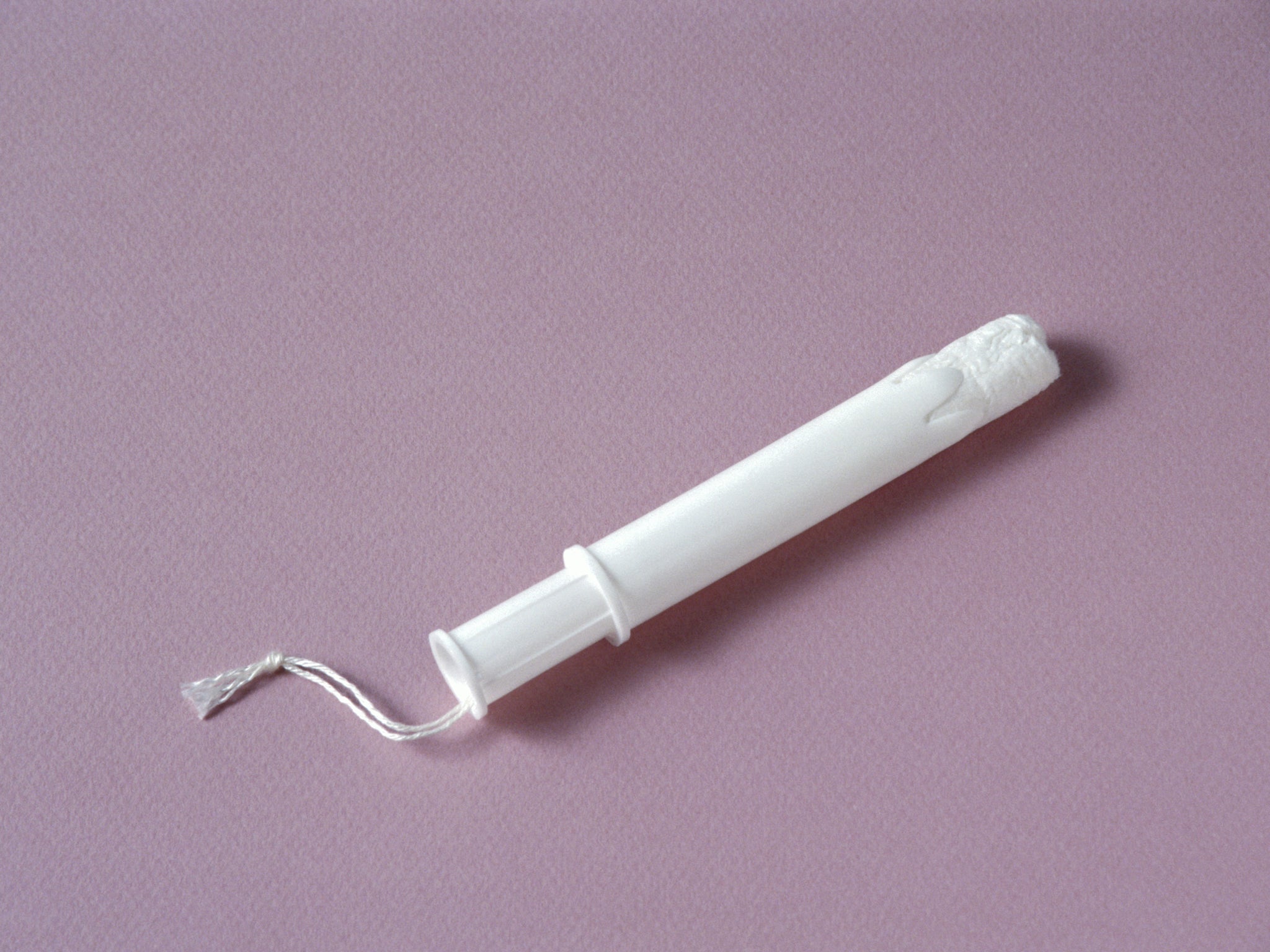The Independent's journalism is supported by our readers. When you purchase through links on our site, we may earn commission.
New York City is giving away free tampons while women in the UK are still using old socks and newspapers
The budget for the sanitary items for 328,000 girls and women will come from the same funding for toilet paper and hand soap because, that’s right, sanitary items are a health and sanitation issue

Your support helps us to tell the story
From reproductive rights to climate change to Big Tech, The Independent is on the ground when the story is developing. Whether it's investigating the financials of Elon Musk's pro-Trump PAC or producing our latest documentary, 'The A Word', which shines a light on the American women fighting for reproductive rights, we know how important it is to parse out the facts from the messaging.
At such a critical moment in US history, we need reporters on the ground. Your donation allows us to keep sending journalists to speak to both sides of the story.
The Independent is trusted by Americans across the entire political spectrum. And unlike many other quality news outlets, we choose not to lock Americans out of our reporting and analysis with paywalls. We believe quality journalism should be available to everyone, paid for by those who can afford it.
Your support makes all the difference.It’s not often that we look to the US as a leader in the field of women’s health policy. They may have their American dreams, after all, but at least we have a healthcare system that’s free at the point of entry and political parties who take women’s reproductive rights as a given.
But this week, straight off the back of becoming the sixth state to remove sales tax on menstrual products, New York has become the first city in the USA to vote for measures to provide free sanitary items in all public schools, jails and homeless shelters.
Writing in the New York Times, campaigner Jennifer Weiss-Wolf wrote: “Unlike toilet paper – which is freely available in public and school restrooms, funded by city budgets and viewed as essential to everyday health and sanitation – those living in poverty are left to access tampons and pads on their own.”
In fact, the budget for the sanitary items for 328,000 girls and women will come from the same funding for toilet paper and hand soap because, that’s right, sanitary items are a health and sanitation issue. You think the name would have given it away already, but at least they caught on eventually.
Over this side of the pond, however, we are still a little slow on the uptake. Here we are still waiting every month – not for our periods, but for the Finance Bill, in which the 0 per cent VAT for sanitary items measure is included, to finally pass through Parliament. That’s right, we’re still calling them luxury items – so we’re certainly not about to give them away for free.
All the while, the low-income women in the UK face the same “health and psycho-social issues” caused by inadequate menstrual hygiene as cited in the New York bill.
These issues face the women in British schools, prisons and homeless shelters as well as thousands of women facing cuts to welfare, many of whom will be left unable to afford basic healthcare items.
Colin Bradshaw from the Darlington Salvation Army food bank told The Independent that before they began offering sanitary items as part of their food bags, women in the area were using old socks, used handkerchiefs and newspapers, which caused repeat infections.
He said: “We also saw how no woman would take a sanitary product if they didn't need it, because they knew, they understood that helping themselves to tampons and pads when they didn't need them would deprive another woman who was in need. This was a hidden shame forced upon women who were trapped in poverty.”
There is something embarrassing about periods in the UK, but it’s not the fact they exist; it’s the fact that so many UK women lack the ability to get hold of basic sanitary items. New York City has finally smelt the blood-red roses: menstruation is a health issue and under the right to health, women must have the right to free tampons and pads in priority public spaces. Let’s hope our own country follows suit.
Join our commenting forum
Join thought-provoking conversations, follow other Independent readers and see their replies
Comments